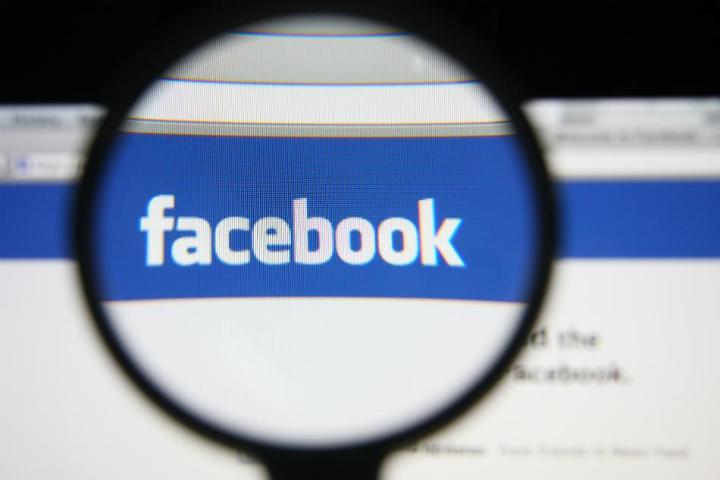
Following a protest by non-profit group Endangered Bodies over a ‘feeling fat’ emoji that appeared among the site’s list of status update symbols, the social networking giant has removed the offending image, which showed a face with chubby cheeks and a double chin.
Instead, a grinning face now shows in posts where the ‘feeling fat’ emoji was earlier used, while the ‘feeling stuffed’ emoji, which uses the same double-chinned image as ‘feeling fat’ once did, remains in use.

Endangered Bodies launched its protest last month with a petition at Change.org calling on Facebook to remove the emoji because it felt it made fun of those who thought of themselves as overweight. By Tuesday more than 16,500 people had backed the petition.
That may not seem like a lot, but it was apparently enough for the social media company to sympathize with its viewpoint and take action accordingly.
“We’ve heard from our community that listing ‘feeling fat’ as an option for status updates could reinforce negative body image, particularly for people struggling with eating disorders, so we’re going to remove ‘feeling fat’ from the list of options,” Facebook said in a statement Tuesday.
The company had earlier defended the use of the emoji, explaining that people use its site “to share their feelings with friends and support each other. One option we give people to express themselves is to add a feeling to their posts.”
Launching the petition in February, Philadelphia-based Endangered Bodies member Catherine Weingarten, who herself has struggled with an eating disorder, wrote, “When Facebook users set their status to ‘feeling fat,’ they are making fun of people who consider themselves to be overweight, which can include many people with eating disorders.”
She added, “Fat is not a feeling. Fat is a natural part of our bodies, no matter their weight. And all bodies deserve to be respected and cared for.”
For its part, Facebook says on its help pages that it’s working with the National Eating Disorders Association to provide resources for those dealing with eating disorders, at the same time offering contact information for support groups in the U.S, U.K., and Canada.


